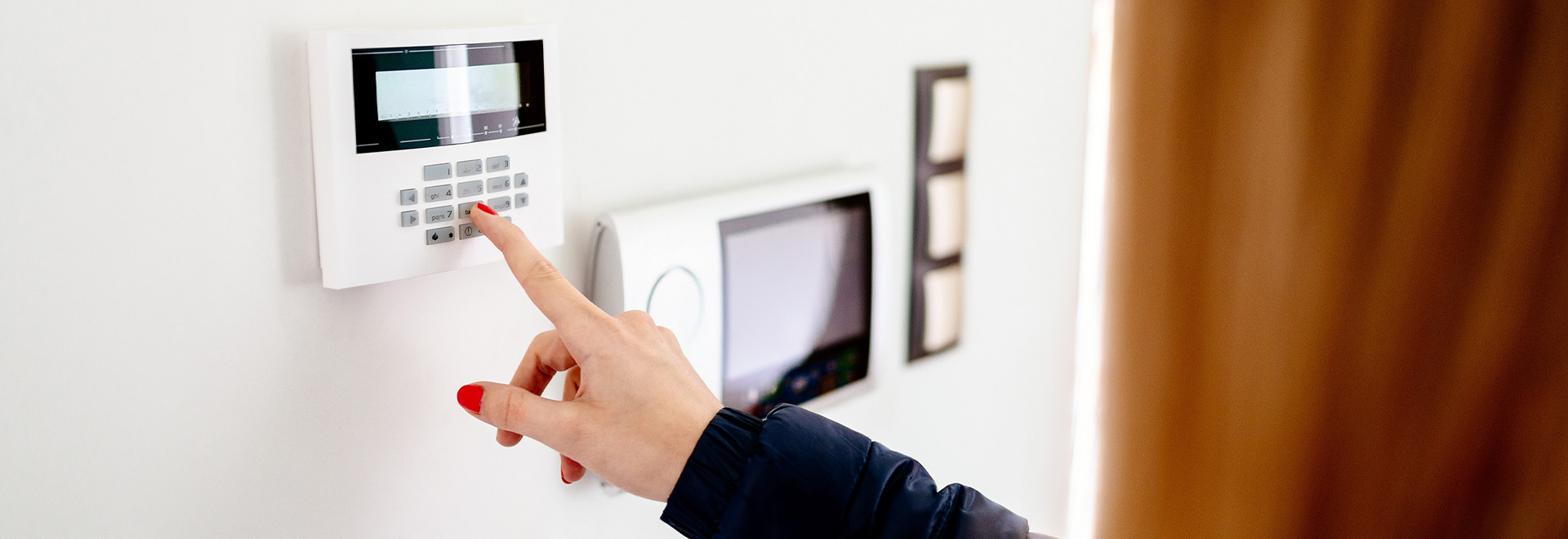
Call Us 24/7
(906) 448-2211

The crime of burglary—commonly referred to as home invasion—carries serious penalties compared to other theft offenses. A conviction for burglary could result in years in prison, steep fines, and other consequences. The good news is that a dedicated Marquette theft lawyer could help you fight back. If you face burglary charges, your choice of legal counsel could have a tremendous impact on your case. The right attorney could help you develop a strong defense strategy and resolve your case in a favorable way. Talk to a Marquette burglary lawyer before you attempt to defend yourself on your own.
Are you charged with burglary or any other theft crime in Michigan? If so, you need a competent criminal defense attorney in your corner who can effectively fight for your future, no matter what the prosecution throws your way. Berger Law stands ready to defend you at every turn.
The lowest level of burglary charge under state law is known as third-degree home invasion. While every burglary offense stems from breaking into and entering a building without permission, only certain circumstances qualify as third-degree home invasion. A Marquette burglary attorney could analyze your case and potentially produce evidence that points to your innocence. This charge is appropriate when a person breaks and enters under the following conditions:
While this offense applies to attempted misdemeanors, it is treated as a felony under the law. That means a conviction could bring as much as five years of jail time in addition to a fine of no more than $2,000.
Second-degree home invasion carries much steeper penalties compared to a third-degree offense. However, the factors surrounding the offense are similar. In order for the state to secure a conviction for second-degree home invasion, the prosecutor must prove that there was breaking and entering, or entering a dwelling without permission with the intent to commit a felony, assault, or larceny. Alternatively, the state could show that a defendant committed larceny, assault, or a felony while breaking and entering a dwelling without permission. The penalties for second-degree home invasion include a maximum $3,000 fine and up to 15 years in prison.
The elements required for the state to prove first-degree home invasion are the same as a second-degree offense. The important difference is that there must be certain aggravating factors present to increase the severity of the charge from second-degree to first-degree.
There are two aggravating factors in total, and the state only needs to establish one of them to prove the first-degree. The first factor involves committing an act of burglary while armed with a dangerous weapon. The second involves committing a burglary when another person is lawfully present in the dwelling at the time of the offense. A conviction for first-degree home invasion carries as much as 20 years in prison and a maximum fine of $5,000.
A Marquette burglary attorney could help construct a viable defense for these charges. In addition to making a case for an acquittal, an attorney could also help establish that the aggravating factors needed to prove first-degree home invasion are not present. This could result in significantly lowered criminal jeopardy in the event of a conviction.
Burglary is a serious offense, and it requires a strong defense strategy. With the right approach, you could limit the consequences of a conviction—or avoid a conviction entirely.
Let a Marquette burglary lawyer protect your rights during this challenging time. Call right away for a confidential consultation from Berger Law
Our Blog Posts
Read More Blogs

© 2024 Berger Law.
All rights reserved | Attorney Advertising